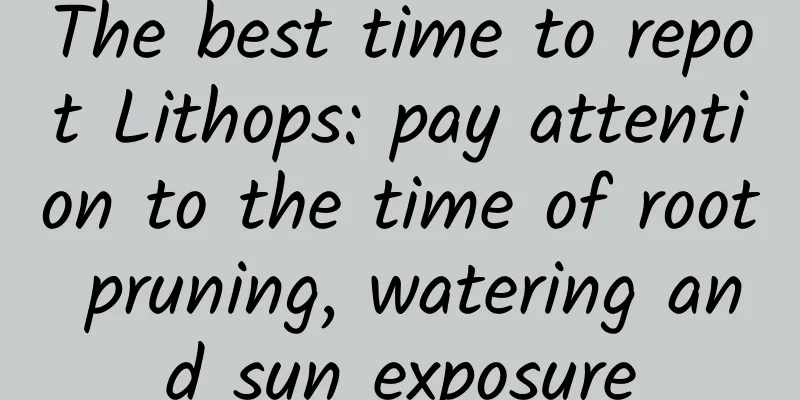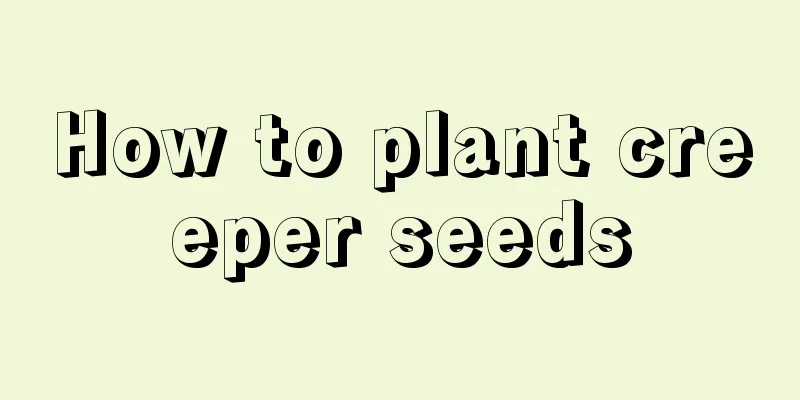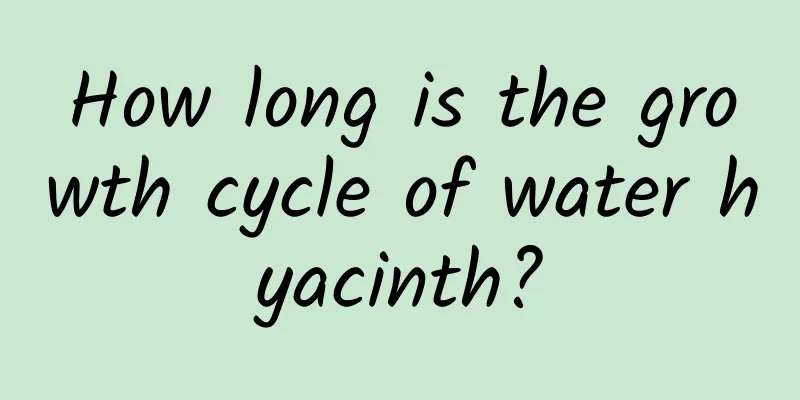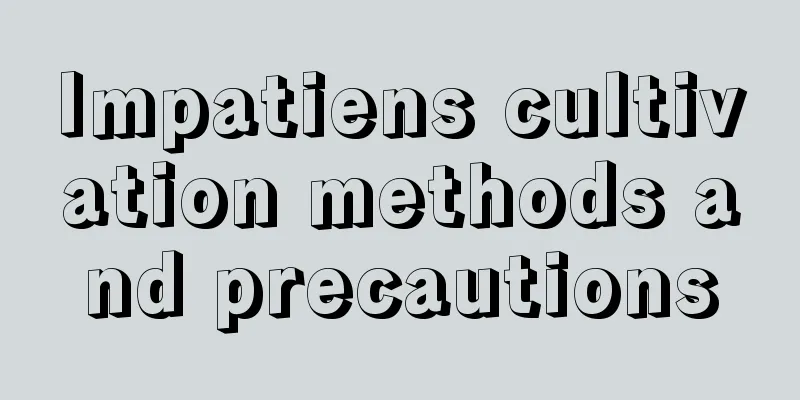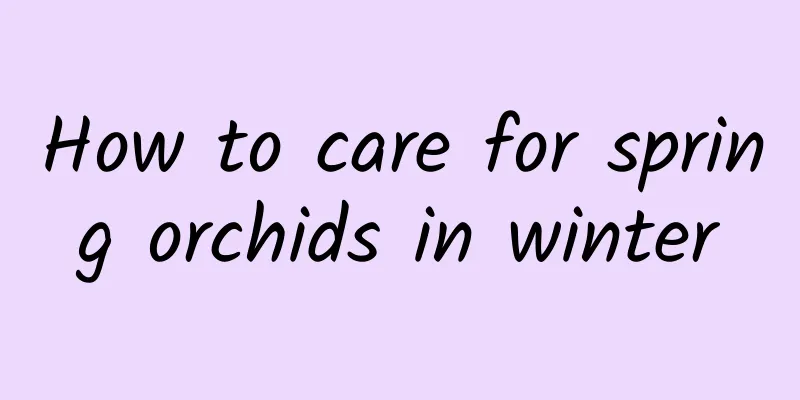Scope and method of use of acetochlor

|
Acetochlor is a widely used herbicide . Among the soil treatment herbicides commonly used in corn fields, acetochlor is a must-have for closed weeding in almost all corn-producing areas. Below we will introduce the scope and methods of using sethoxydim. Scope of use of acetochlor Acetochlor is a broad-spectrum herbicide that can be used in corn, soybeans, peanuts, rapeseed, rice, cotton, sugarcane, tea gardens, transplanted vegetables (cabbage, kale, cauliflower, tomatoes, peppers, eggplants, etc.), citrus, grapes, orchards, etc. It is mainly used to control annual grass weeds and small-grained broad-leaf weeds, such as long-awned barnyard grass, crabgrass, foxtail grass , goosegrass, Leptochloa chinensis, alopecuroides, bluegrass, wild oats, and coleus, as well as various broad-leaved weeds such as Amaranthus retroflexus, Amaranthus angustifolia , Chenopodium album, Purslane, Solanum nigrum, Rumex sylvestris, Polygonum aviculare, and Commelina . Characteristics of Acetochlor 1. Diverse mechanisms of action Acetochlor is a chloroacetamide pre-emergence herbicide. When the agent enters the weeds, it interferes with nucleic acid metabolism, inhibits the synthesis of long-chain fatty acids and proteins, causing the weed shoots to shrink and the young roots to stop growing. 2. Conductive The drug can be absorbed by the young shoots of weeds, and can also be absorbed and conducted by seeds and roots, but the amount absorbed is smaller and the conduction speed is slower. After weeds emerge, they mainly rely on root absorption and conduction upwards. 3. Safety for the next crop The effective period of sethoxydim is about 1.5 months. It can be degraded by microorganisms in the soil and has no effect on subsequent crops. 4. Sensitive crops Sethoxydim is toxic to crops such as wheat, millet, sorghum, cucumber, and spinach and should not be used. Precautions for use of acetochlor 1. When used after sowing and before seedlings emerge, spray it in time before weeds emerge within 1-2 days after sowing. 2. Determine the spray concentration and dosage according to the conditions of the plot. The amount of medicine can be appropriately increased for fertile land, while the amount of medicine should be reduced by 20% for barren land. 3. The spraying amount should be reduced in the plots covered with film and drip irrigation to prevent drip irrigation after sowing, which may cause the solution to seep into the seeds and cause pesticide damage. 4. Ensure the quality of land preparation to prevent uneven land from affecting the quality of spraying and the weed control effect. That’s it |
<<: How to take care of the newly bought Brazilian iron
>>: How to care for newly bought white crystal chrysanthemum
Recommend
How to propagate crocodile mouth flower
Time of choice Generally, plants choose spring to...
How to prune the money tree so that it grows lushly?
The money tree is loved by many flower lovers for...
How to care for the newly bought pepper tree
1. Soil First observe the condition of the soil i...
Can the fortune tree be cultivated in water? What should I do if the leaves turn yellow?
1. Can it be cultivated in water? The money tree ...
Symptoms and treatment of infectious rhinitis in chickens
Infectious coryza is an infectious disease caused...
The language of the moss phlox and the origin of its name
The language of the moss phlox and the origin of ...
How to prune lilies
When to prune lilies When caring for lilies, if y...
The growth environment and characteristics of Jade Dew
Jade dew growth environment conditions and requir...
How to grow Milan flowers
1. Soil Milan likes a slightly acidic environment...
Lavender germination process
Lavender germination process Lavender is a very p...
How to overwinter Tiger Pilan. Will Tiger Pilan be frozen to death in winter?
1. Wintering methods 1. Maintain the temperature:...
Why don't the balcony peppers bear fruit?
Reason 1: Peppers do not bear fruit: seeds First ...
How to manage peony flowers
1. Key points of management 1. Planting: This typ...
The difference between cherries and cherries
1. Different appearance Although the two are simi...
The advantages and disadvantages of Yulinglong Rose
The flowers of the Jade Linglong Rose are light a...
